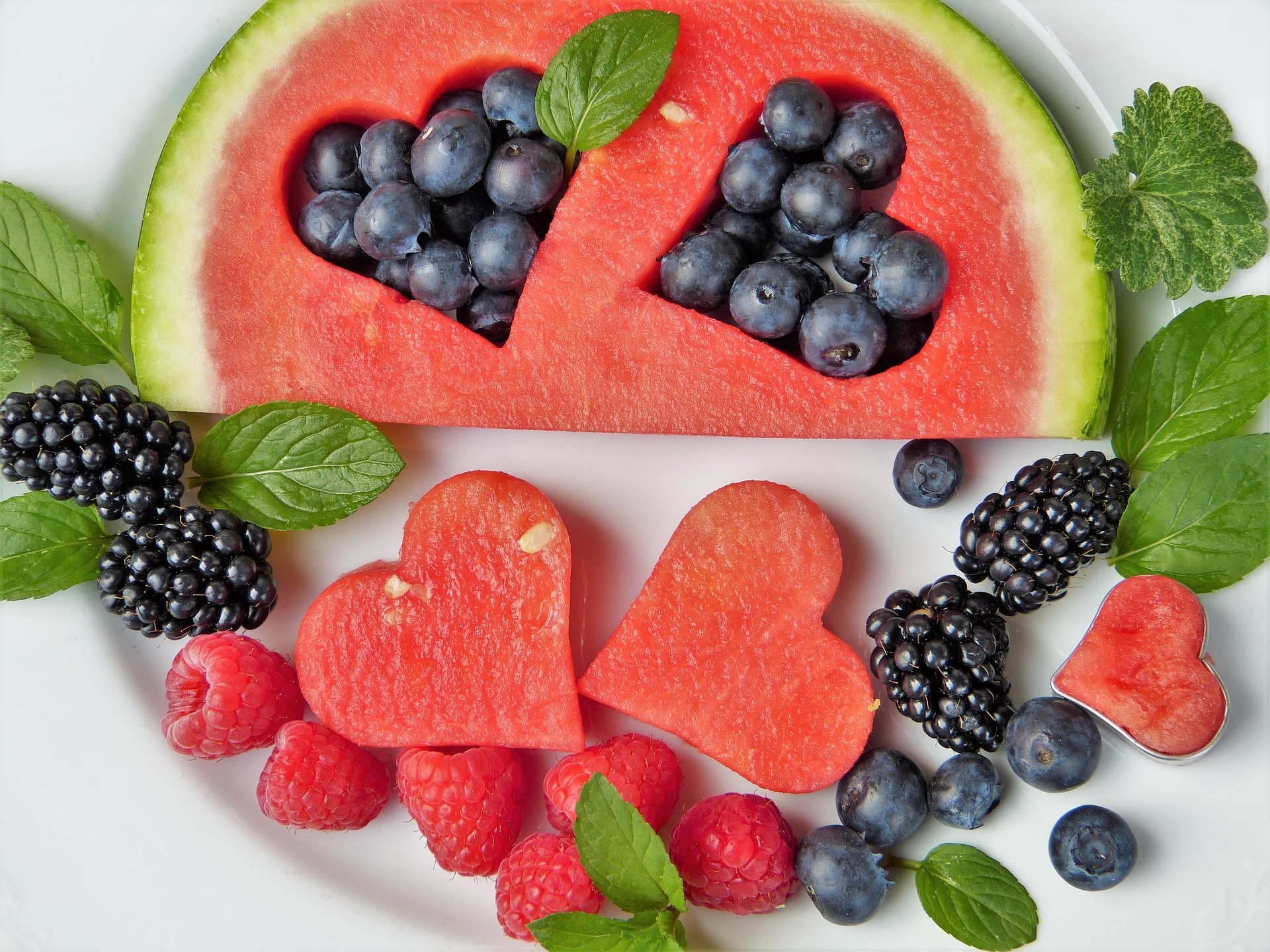The body requires proper nutrition which in-turn means you have to eat a well-balanced diet. A well-balanced diet provides your body with the nutrients it needs to keep your body functioning properly. You can eat all the calories you want but if the food you eat is low in the nutrients your body requires, it can lead to serious problems including exacerbating oral infections. Tooth loss and tooth decay can also come about in adulthood as a result of a poor diet.
Poor nutrition does not cause gum diseases or mouth cancer directly but researchers believe that a nutrient poor diet helps these diseases progress faster.
In this article we will explore how this comes about and what you can do to minimize the impact of a poor diet on your nutrition and dental health.
Poor Nutrition in Children’s Diets
In children, a balanced diet is a one of a necessary component to help develop decay resistant teeth or at least slow down the rate of decay. Eating habits among children and teenagers can impact how quickly their teeth decay because as soon as a bacterium comes into contact with the food in your mouth, it produces acid. This acid starts attacking your teeth. By regularly brushing your teeth and flossing you can help remove the acid and food that generates the acid, before too much damage can been done. This is an important habit to get into for children in-particular as they tend to eat more regularly than adults as well as having ‘milk’ or new teeth
Poor Diets Equals Poor Oral Health
A poor diet can contribute to tooth decay and gum disease. Foods which are heavy in starches and sugars, as well as carbohydrates will contribute to high levels of plaque acids, those same acids which attack your tooth enamel. Eventually as your tooth enamel breaks down, it creates cavities which will need a filling to prevent this from turning into a worse problem.
Some foods pose more issues than others for your mouths health, and not just restricted to your teeth. Some abrasive food can cause issues for the soft tissue in your mouth. Some foods are prone to sticking between teeth or into this soft tissues which allow bacteria and eventually an infection to build-up increasing the risk of gum disease.
What Foods to Avoid for Beneficial Oral Health
Any foods that have sugars of any kind contribute to tooth decay. This can get confusing because almost every type of food contain sugar including vegetables and milk. And most of these foods are a necessary component to a healthy diet because of the other nutrients they offer. In order to help you control the amount of sugar, make sure that you choose foods or beverages that don’t have added sugars to them.
Read your food labels, each healthy whole foods like fresh fruits and vegetables and tubers. Grains and the like might still have sugars but at least they don’t have process sugars. The processed sugars or added sugars that you find in things like candy, pastries, and soft drinks are incredibly detrimental to your oral health.
What are the best foods for oral health?
With so many foodstuffs containing sugar, it can be hard to know what you should or should not put into your mouth. Thankfully, the American Dental Association (ADA) has helped compile a list of healthy foods which you can add to your diet to improve your oral health.
- Cheese
A new study shows that calcium and protein in cheeses strengthens your tooth enamel and the chilling process required to eat the cheese actually increases saliva production.
- Leafy Greens
Leafy greens pretty much find their way onto every list of healthy foods because they are low in calories and full of vitamins and minerals that your body needs. Kale and spinach in particular promote great oral health. They are high in calcium which helps to build up your tooth enamel. New research has found that these greens have full of acid which can help to treat gum disease especially in pregnant women. You can add these greens to a smoothie, throw a handful on your salad or even on a pizza.
- Apples
The American dental Association recommends that you avoid most sweet things but apples are one exception. High in fibre and water, the physical act of eating an apple produces a high amount of saliva necessary to help rinse away bacteria in your mouth. The fibrous texture stimulates your gums. It certainly isn’t the same as brushing your teeth, but eating an apple helps a little.
- Yoghurts
Just like cheese, yoghurt has a lot of calcium and protein perfect for strengthening your teeth. The probiotics found in yoghurt helps to move out bad bacteria which causes oral issues.
- Carrots and celery
Carrots and celery increase your saliva production, reduce your risk of cavities, provide antioxidants to give your gums a healthy boost, and scrape away the particles and bacteria from your teeth.
- Almonds
Almonds are low in sugar and offer great source calcium and protein. This makes them beneficial to the overall health of your teeth. One benefit often overlooked by ‘tougher’ food is the strengthening of your jaw enabling you to continue to tackle those harder to chew foods.
Overall, avoid foods that are high in sugar and remove them from your diet as far as possible. Make sure you maintain a balanced diet and eat from all five major groups. When at all possible, choose a nutritious snack like raw vegetables, plain yoghurt, or cheese instead of a processed sugary snack. But remember, nothing compares to a good oral routine including visiting your hygienist regularly.


